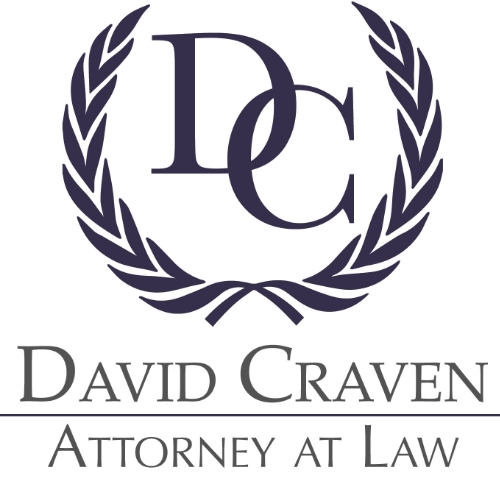Wanted to re-share a scam I have shared before, given the holiday season and all the packages being delivered.
“The Mail Courier Credit Card Scam”
A courier company called up and asks if we would will be home since they have a package that they need a signature for. They indicated that they would be there in “about an hour”.
Sure enough, an hour later they showed with a flower basket and a bottle of wine. I was surprised as it wasn’t a holiday or special occasion, but was delighted with the surprise.
When asked “why” or “who it was from” they answered “I don’t know, I’m just the delivery person” and that “a card was on it’s way” (a card that never arrived).
The courier went on to say that since there was an alcohol delivery, there was a $3.50 ‘delivery confirmation charge’ to ensure that the alcohol was delivered to an adult and not just left on a door step where anyone could take it, especially and underage child.
Sounding logical, I offered cash, to which the courier refused and said that the delivery companies required payment to be a credit or debit card so that everything is properly accounted for and that they keep a legal record of the transaction, adding that couriers don’t carry cash to avoid loss or robbery.
At that point, my husband had come over and handed “John”, the delivery man, his credit card. My husband swiped his card on the small mobile machine, entered his pin, a receipt was printed, and we were given a copy of the transaction.
To our horrible surprise, between Thursday and Monday of the following week, over $4,000 had been charged/withdrawn from our credit/debit accounts at various ATMs.
Apparently, the mobile machine the courier had copied all of our information and had all the information, including our PIN, to create a “dummy card” and allow him access to our accounts through a ATM.
Upon finding out, we immediately contacted our bank who closed our accounts, opened new accounts, and reissued us cards.
We also went to the police who confirmed this was a scam and that other households had been hit by the same exact scam.
*****
I always tell my clients that it’s important to keep credit card and debit/account information confidential. You should never give out this information unless you initiate a purchase with a reputable company that you trust.
While this scam involves a package and delivery, there are SO MANY SCAMS that involve bank account/credit card information falling into the wrong hands. Whenever you’re providing this information, especially via email, or online, check and then double check who the receiver is.




